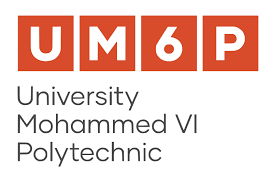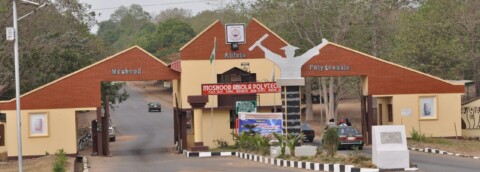Mohammed VI Polytechnic University (UM6P) in Morocco is ready to collaborate with Nigeria to enhance the country’s fertiliser industry, taking advantage of opportunities arising from the African Continental Free Trade Area (AfCFTA).
The World Bank estimates that a fully implemented AfCFTA could increase regional income by $450 billion, boost wage growth for women, and lift 30 million people out of extreme poverty by 2035.
Khalid Baddou, the Chief of Staff and Director of Institutional Affairs at UM6P, said the university is poised to assist Nigerian industry stakeholders in tapping into the growing African fertiliser market, currently valued at $16 billion. He highlighted that the African Union presents a valuable opportunity for intra-African trade and economic growth, particularly for the agricultural sector, which is fundamental to many African economies. Baddou pointed out that recent investments by the private sector, including over $15 billion, have significantly increased local mineral fertiliser production, leading to the establishment of numerous manufacturing and blending plants by OCP, Dangote, and other major players.
He added that the long-term goal of the collaboration extends beyond Nigeria, as UM6P is committed to training fertiliser professionals from across Africa. With the rise of new fertiliser plants across the continent to meet growing demand, a skilled workforce will be essential for their efficient and sustainable operation. Recognizing this, UM6P has focused on building strong capacities within the fertiliser value chain.
The university boasts advanced research laboratories, pilot plants, and a dedicated faculty comprising experts in soil science, plant nutrition, chemical engineering, and sustainable agriculture. This comprehensive approach enables UM6P to conduct cutting-edge research, develop innovative fertiliser formulations suited to African soil conditions, and assess the environmental impact of fertiliser production and use.
“Our goal at UM6P is to foster sustainable development across Africa. By sharing our expertise in fertiliser science and technology, we aim to help Nigeria and other African nations unlock the full potential of their agricultural sectors within the AfCFTA framework,” Baddou said.
The collaboration will focus on several key areas, including capacity building, research and development, and industrial support. A central part of the partnership will be training a new generation of African professionals equipped with the knowledge and skills to manage modern fertiliser plants. UM6P plans to offer specialized training programs, workshops, and exchange programmes for Nigerian and other African technicians, engineers, and managers, covering various aspects of the fertiliser industry such as plant design, operation, quality control, logistics, and marketing.
Bruno Gerard, Head of the College of Agriculture and Environmental Sciences, emphasized the need to enhance technical expertise within the fertiliser industry to facilitate greater intra-African collaboration and trade. He noted that UM6P’s engagement aligns with its broader mission to be a driver of innovation and human capital development across the continent.
Gerard added that UM6P is positioning itself as a leading center for fertiliser education and training in Africa, contributing to the growth of a competitive continental fertiliser industry. The college’s research agenda includes agro-bioscience, focusing on biodiversity exploration for pharmaceutical and cosmetic applications, as well as crop improvement with an emphasis on resilience to climate challenges like drought and high temperatures. He also highlighted ongoing efforts to improve the adaptability of both cultivated and wild species through pre-breeding research.
Addressing the challenges of subsistence farming in many parts of Africa, Gerard emphasized the college’s dedication to research promoting a commercial approach while ensuring food security. He also acknowledged the crucial role of agricultural extension services in bridging the gap between research and practical application, stressing that well-trained extension agents are essential, particularly in supporting illiterate farmers. The use of digital tools offers potential for wider reach, but the need for skilled personnel remains critical to providing advice on cropping practices, fertiliser use, market access, and minimizing financial and production risks.





